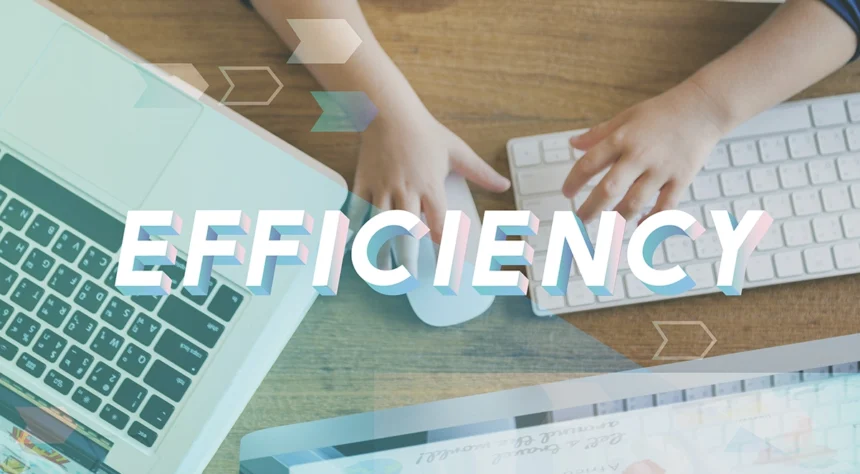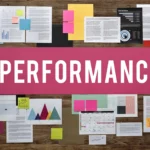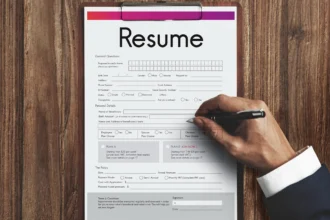Have you ever sat in front of a pile of books or a lengthy online course, feeling overwhelmed by the sheer amount of information you need to absorb? Have you ever wondered how some people seem to master new skills or concepts effortlessly? If you’re seeking answers to these questions, you’ve come to the right place! In this article, we will explore effective strategies for enhancing your learning speed and improving your memory retention.
Why Learning Speed and Memory Matter
In today’s fast-paced world, the ability to learn quickly and retain information effectively is crucial. Whether you’re a student preparing for exams, a professional seeking to upgrade your skills, or a lifelong learner, mastering these abilities can significantly impact your success.
Strategies to Learn Faster
1. Set Clear Goals
One of the first steps to learning faster is defining what you want to achieve. Setting clear, specific, and achievable goals gives you a direction and purpose, making your learning process more focused.
- Short-Term Goals: Break your overall objective into smaller, manageable tasks.
- Long-Term Goals: Understand the broader objective behind your learning, whether it’s mastering a subject or acquiring a skill.
2. Use Active Learning Techniques
Passive reading or listening can lead to forgetfulness. Instead, engage with the material actively. Here are some effective techniques:
- Summarization: Write summaries of what you learn in your own words.
- Teach Others: Explaining concepts to someone else can reinforce your understanding.
- Practice Questions: Test yourself with practice questions to gauge your knowledge.
3. Incorporate Different Learning Styles
Everyone has a unique learning style. To enhance your learning experience, try incorporating a variety of methods:
- Visual: Use diagrams, charts, and infographics.
- Auditory: Listen to podcasts or watch videos on the subject.
- Kinesthetic: Engage in hands-on activities or experiments related to the topic.
4. Utilize Technology
In today’s digital age, technology offers numerous tools to enhance your learning:
- Apps: Utilize apps like Anki or Quizlet for flashcards and spaced repetition.
- Online Courses: Enroll in platforms like Coursera or Udemy to access structured learning paths.
5. Prioritize Regular Breaks
Studies show that taking breaks enhances learning and memory retention. Follow the Pomodoro Technique: work for 25 minutes, then take a 5-minute break. This method not only boosts focus but also helps prevent burnout.
6. Stay Organized
Maintaining an organized study environment can significantly impact your learning speed:
- Declutter: Remove distractions from your study space.
- Digital Organization: Keep digital notes and resources neatly organized for easy access.
7. Engage in Mindfulness and Meditation
Practicing mindfulness can improve focus and memory retention. Regular meditation can help reduce stress and increase your ability to concentrate, making your learning process more effective.
8. Practice Spaced Repetition
Instead of cramming, space out your study sessions over time. This method, known as spaced repetition, leverages the psychological spacing effect to improve memory retention.
| Technique | Description |
|---|---|
| Cramming | Learning in a short, intense burst |
| Spaced Repetition | Learning over spaced intervals, improving recall |
Memory Retention Tips
1. Create Mnemonics
Using mnemonics can help you remember complex information. Create acronyms, rhymes, or visual imagery to make the information more memorable.
2. Make Connections
Relating new information to something you already know can enhance memory retention. Try to establish connections between new concepts and existing knowledge.
3. Stay Physically Active
Regular physical exercise has been linked to improved cognitive function and memory. Aim for at least 30 minutes of moderate exercise several times a week.
4. Get Plenty of Sleep
Adequate sleep is crucial for memory consolidation. Aim for 7-9 hours of quality sleep each night to allow your brain to process and store new information effectively.
5. Maintain a Healthy Diet
Eating a balanced diet rich in fruits, vegetables, whole grains, and healthy fats can support brain health. Foods like blueberries, fatty fish, and nuts have been shown to improve cognitive function.
FAQs
Q1: How can I learn faster for exams?
To learn faster for exams, set clear study goals, use active learning techniques, and practice spaced repetition. Focus on understanding concepts rather than rote memorization.
Q2: What are some effective memory retention strategies?
Effective memory retention strategies include creating mnemonics, making connections between new and old information, and ensuring adequate sleep.
Q3: How often should I take breaks while studying?
Consider using the Pomodoro Technique, where you study for 25 minutes followed by a 5-minute break. This balance helps maintain focus and prevents burnout.
Q4: Can technology really help me learn faster?
Absolutely! Educational apps, online courses, and digital flashcards can enhance your learning experience and help you absorb information more efficiently.
Q5: Why is sleep important for learning?
Sleep is crucial for memory consolidation. It allows your brain to process and store new information, enhancing retention and recall.
Table 2: Healthy Foods for Brain Health
Table 1: Learning Techniques Comparison
| Technique | Description |
|---|---|
| Cramming | Learning in a short, intense burst |
| Spaced Repetition | Learning over spaced intervals, improving recall |
| Food | Benefit |
|---|---|
| Blueberries | Rich in antioxidants, supports memory |
| Fatty Fish | High in Omega-3 fatty acids, boosts brain function |
| Nuts | Contains healthy fats and antioxidants |
| Leafy Greens | Packed with vitamins that support cognitive function |
| Whole Grains | Provides steady energy for the brain |
Conclusion
Learning faster and remembering more effectively is a skill that can significantly impact your academic and professional success. By implementing the strategies outlined in this article—setting clear goals, engaging in active learning, utilizing technology, prioritizing breaks, and maintaining a healthy lifestyle—you can enhance your ability to absorb and retain information.
Thank you for taking the time to read this article! We hope you found these tips helpful. For more insights on courses, jobs, internships, and scholarships, join us at CourseBhai through our social media channels, push notifications, and newsletters for instant updates. Happy learning











